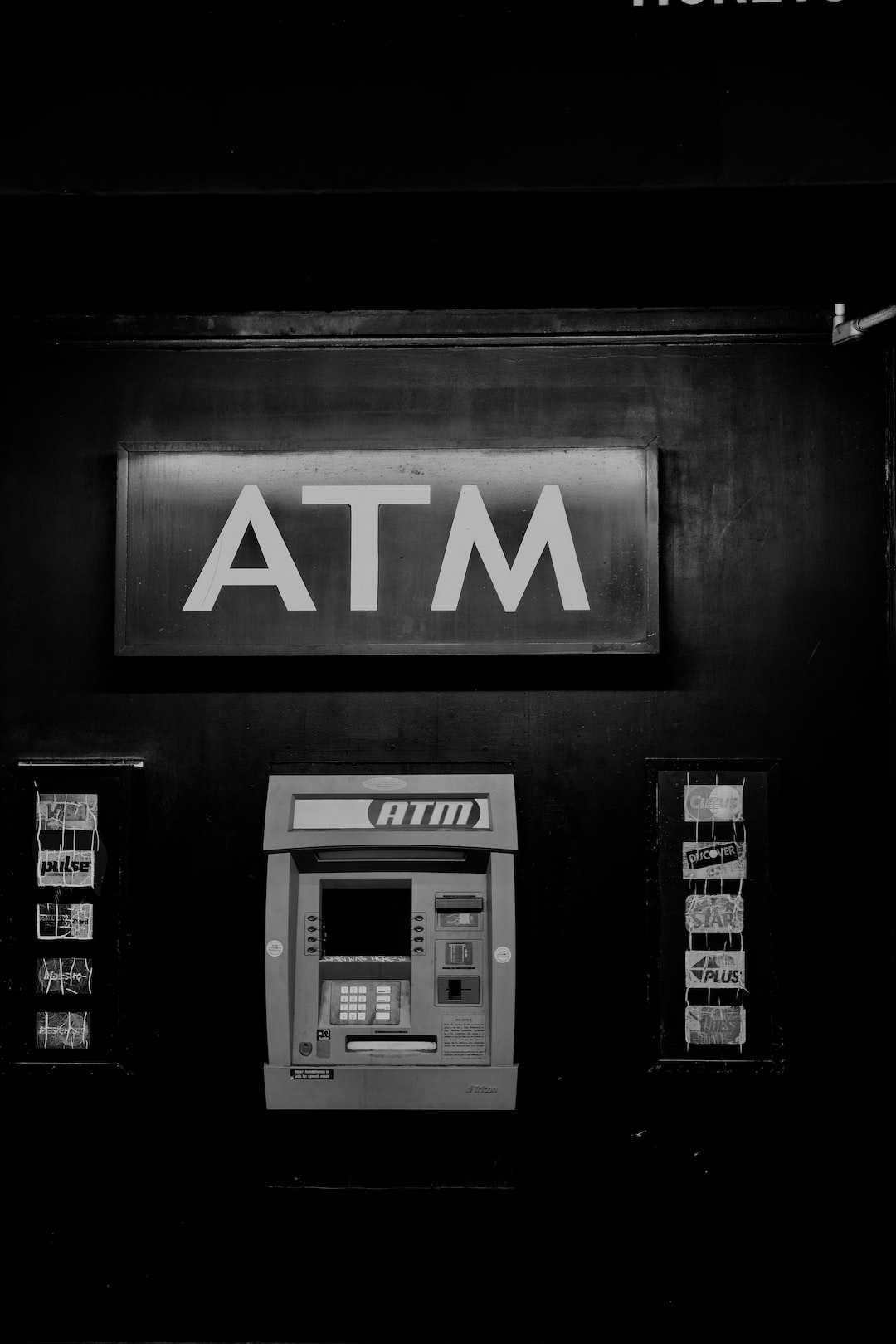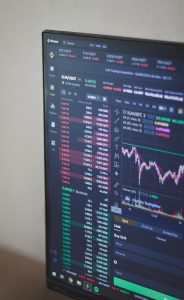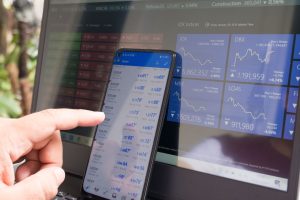Forex, also known as the foreign exchange market, is a decentralized market where currencies are traded globally. It is the largest financial market in the world, with an average daily turnover of $5.3 trillion. The Forex market operates 24 hours a day, five days a week, and is open to anyone with an internet connection. The question that often arises is, who is in control of the Forex market prices?
In the Forex market, the price of a currency pair is determined by the forces of supply and demand. Supply refers to the amount of a currency that is available for sale, while demand refers to the amount of a currency that buyers are willing to purchase. The balance between supply and demand determines the price of a currency pair.
The Forex market is made up of various participants, including central banks, commercial banks, hedge funds, retail traders, and other institutional investors. Each of these participants has a unique influence on the Forex market’s price movements.
Central banks are one of the most influential players in the Forex market. They are responsible for setting monetary policy and controlling the money supply in their respective countries. Central banks use various tools to influence the Forex market, such as adjusting interest rates, intervening in the currency markets, and using foreign exchange reserves to stabilize their currencies.
Commercial banks are also significant players in the Forex market. They facilitate currency transactions for their clients and engage in speculative trading on their own behalf. Commercial banks’ trading activities can influence currency prices, especially if they engage in large positions.
Hedge funds and other institutional investors are another important group of Forex market participants. They invest in currencies for various reasons, such as hedging against other investments or speculating on price movements. These investors can have a significant impact on currency prices, especially if they trade in large volumes.
Retail traders are individual traders who participate in the Forex market through online trading platforms. They account for a small portion of the Forex market’s total volume but can still have an impact on currency prices, especially if they trade in large volumes or collectively.
The Forex market is also influenced by various external factors, such as economic indicators, geopolitical events, and natural disasters. Economic indicators, such as GDP, inflation, and employment data, can affect currency prices by influencing central banks’ monetary policy decisions. Geopolitical events, such as elections and international conflicts, can create uncertainty and volatility in the Forex market. Natural disasters, such as hurricanes and earthquakes, can disrupt economic activity and affect currency prices.
In conclusion, the Forex market’s price movements are determined by the forces of supply and demand, which are influenced by various participants, including central banks, commercial banks, hedge funds, retail traders, and other institutional investors. External factors, such as economic indicators, geopolitical events, and natural disasters, can also affect currency prices. While no single entity controls the Forex market’s prices, each participant’s actions can contribute to price movements.






